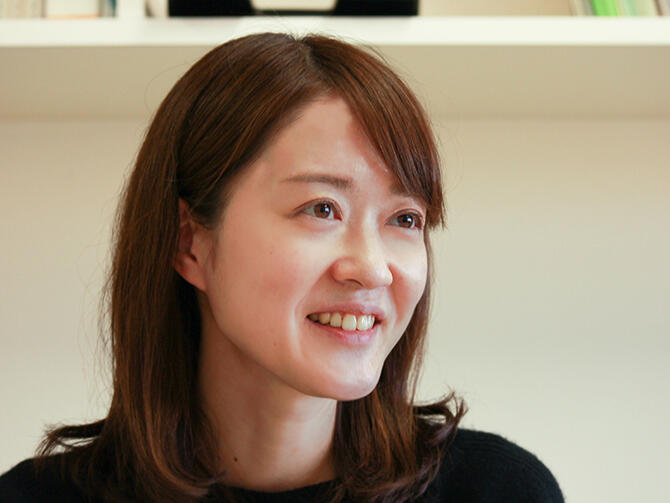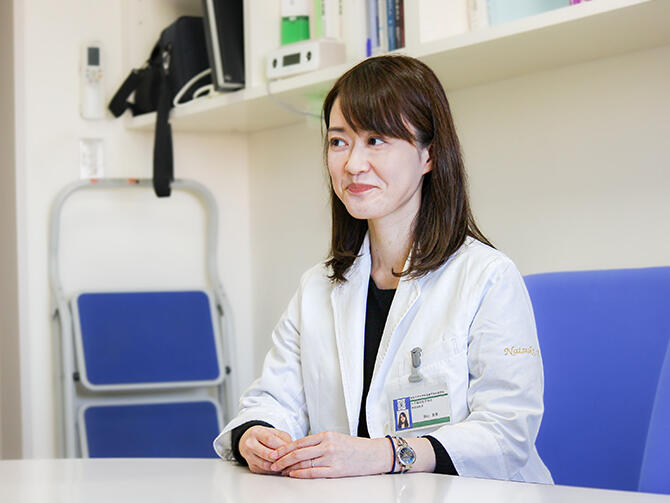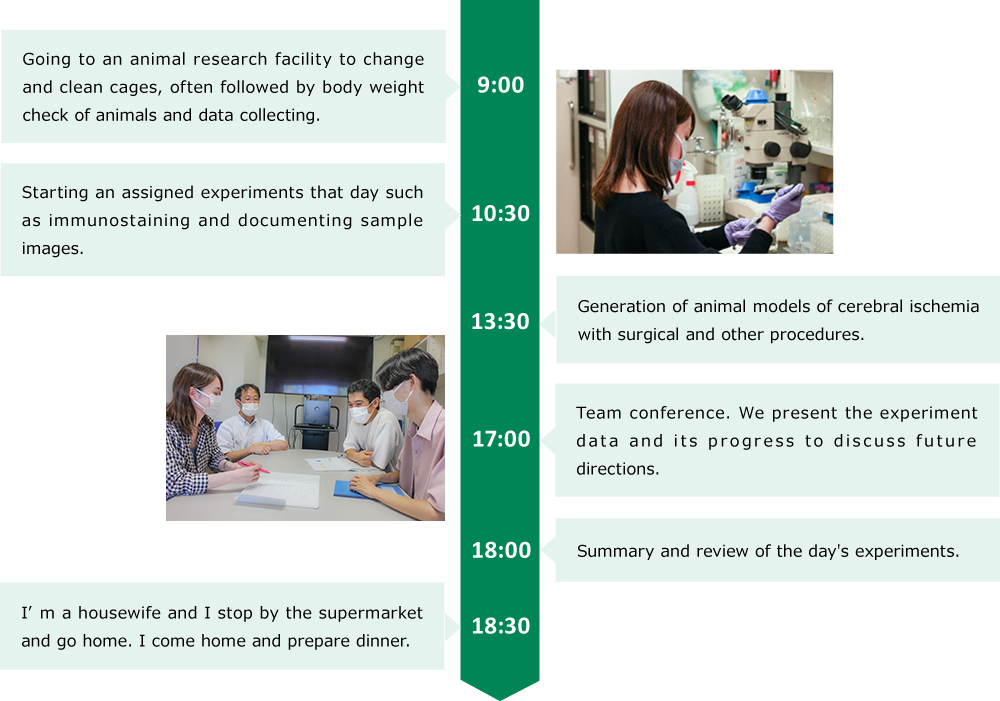
Natsuki Akiyama
PhD in Molecular and Cellular Medicine course
Interview

Tell us about the research you are currently doing at BRI.
My major research interests are cerebral ischemia, tau protein accumulation, and neuroprotection. Stroke causes dynamic changes in the brain. Cerebral infarction causes motor paralysis, speech impairment, and cognitive decline, and these symptoms are the result of dynamic environmental changes in the brain after the infarction. Among the various environmental changes, I focus on the balance between "inflammation (= disability)" and "anti-inflammation (= tissue protection)" and hope to prevent tissue damage and cognitive dysfunction after stroke as much as possible by utilizing the properties of microglia that play an important role in the inflammatory balance in the brain.
Why did you decide to come to BRI?
The main reason is that BRI conducts a lot of research that combines clinical and basic research. I've been a member of Niigata University Department of Neurology, so it was a sensible choice for me to join BRI when considering grad school. I have heard about the excellent research environment at BRI from my senior colleagues who know the institute well, which helps me picture myself in the PhD program at BRI.

What would you like to say to people who are thinking about graduate programs at BRI?
I see patients everyday as a clinician and wonder what is happening in this patient's brain or what are the commonalities among patients with such findings, and I wanted to explore these issues in depth and from multiple perspectives in my PhD program. I strongly feel that a correlation between clinical and basic research at BRI is a great strength in terms of brain and neurological research, which motivates me the most. My case is just one example, but if the brain and brain disease have ever interested or attracted you in anyway, you should consider graduate study at BRI. BRI is filled with the enthusiasm of researchers seeking to understand and overcome the brain and its diseases.







